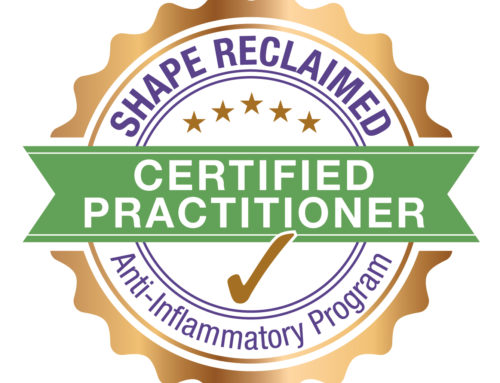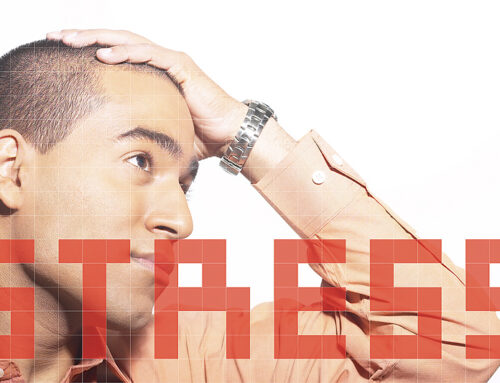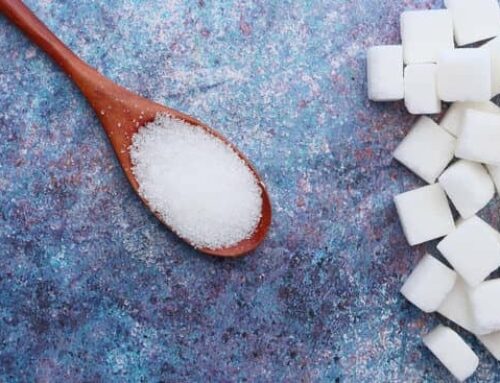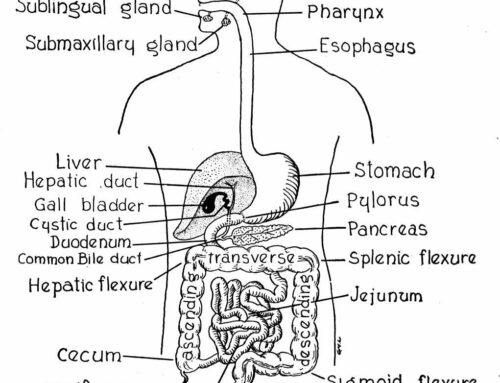When we think of digestion we usually think of the stomach, small intestines, and large intestines – often collectively referred to as “the gut.” Playing a key role behind the scenes are the liver, gall bladder, and pancreas.
The liver is one of the most critical organs in the body. Once the liver shuts down the body is pretty much finished. Among its hundreds or perhaps thousands of jobs are: cleaning/purifying the blood and removing toxins, fat metabolism, building proteins/amino acid synthesis, and for purposes of digestion – manufacturing bile. After being made in the liver bile is stored and concentrated in the gall bladder.
The acidic food passing from the stomach to the small intestine stimulates the pancreas and gall bladder. Foods high in fat have to be emulsified. This is what bile does. It is a “degreaser”. If the oil is not degreased, the enzymes cannot get to the food.
The body makes 1-6 cups of bile per day. Bile has pH of 7.8 which is slightly alkaline. Gall bladder contractions send bile into the small intestines. Bile that stays in the gall bladder gets reconstituted and thickens and can eventually form stones. This thickening is referred to as biliary stasis which prevents the bile from flowing to the small intestines. One of the problems in eating a low fat diet is by consuming less fat there is less need for bile. This increases the likelihood of biliary stasis.
Bile influences the color of stools. Light colored stools indicate liver and gall bladder need help. Stools should be brown. Any other color is suspect.
The pancreas secretes hormones (insulin and glucagon) and enzymes thus it is often overworked. We have previously discussed the key role that pancreatic enzymes play in the small intestines. We will later discuss the importance of insulin and glucagon.
Bernard Rosen, PhD is a Nutrition Consultant and Educator. He works with individuals, groups, and at corporations to create individualized nutrition and wellness programs. His office is in Coeur d’Alene, ID. To learn more or to schedule an appointment, e-mail at bernie@brwellness.com, call (208) 771-6570 or go to www.brwellness.com.







